World Environment Day 2021

Since 1974, the U.N. World Environment Day has served as a global platform for engaging governments, businesses and citizens in taking action on urgent environmental and sustainability issues. This year, World Environment Day kicks off the UN Decade on Ecosystem Restoration, a global mission to revive billions of hectares, from forests and farmlands to lakes, rivers and oceans.
In honor World Environment Day, President Stanley has shared an update on recent MSU sustainability accomplishments and future planning. Check back on the sustainability planning and assessment webpage for additional information about the MSU sustainability and climate strategy.
MSU is helping restore ecosystems right here on campus, throughout Michigan and all over the world through research, education and outreach. Check out highlights below, along with ways you can get involved in supporting restoration efforts.
MSU Restoration Highlights
Red Cedar Riverbank Restoration
IPF is addressing bank erosion along the Red Cedar River with funding from the Great Lakes Sediment and Nutrient Reduction Program. Learn more about recent projects:
Bringing more native habitat to campus through Project Wingspan
The Pollinator Partnership's Project Wingspan to helps collect and distribute seeds for pollinators. IPF Landscape Services and the MSU Fisheries and Wildlife Club have been selected to receive native Michigan seeds and plugs generated through Project Wingspan's efforts. Once planted, the site will be managed as wildlife habitat.
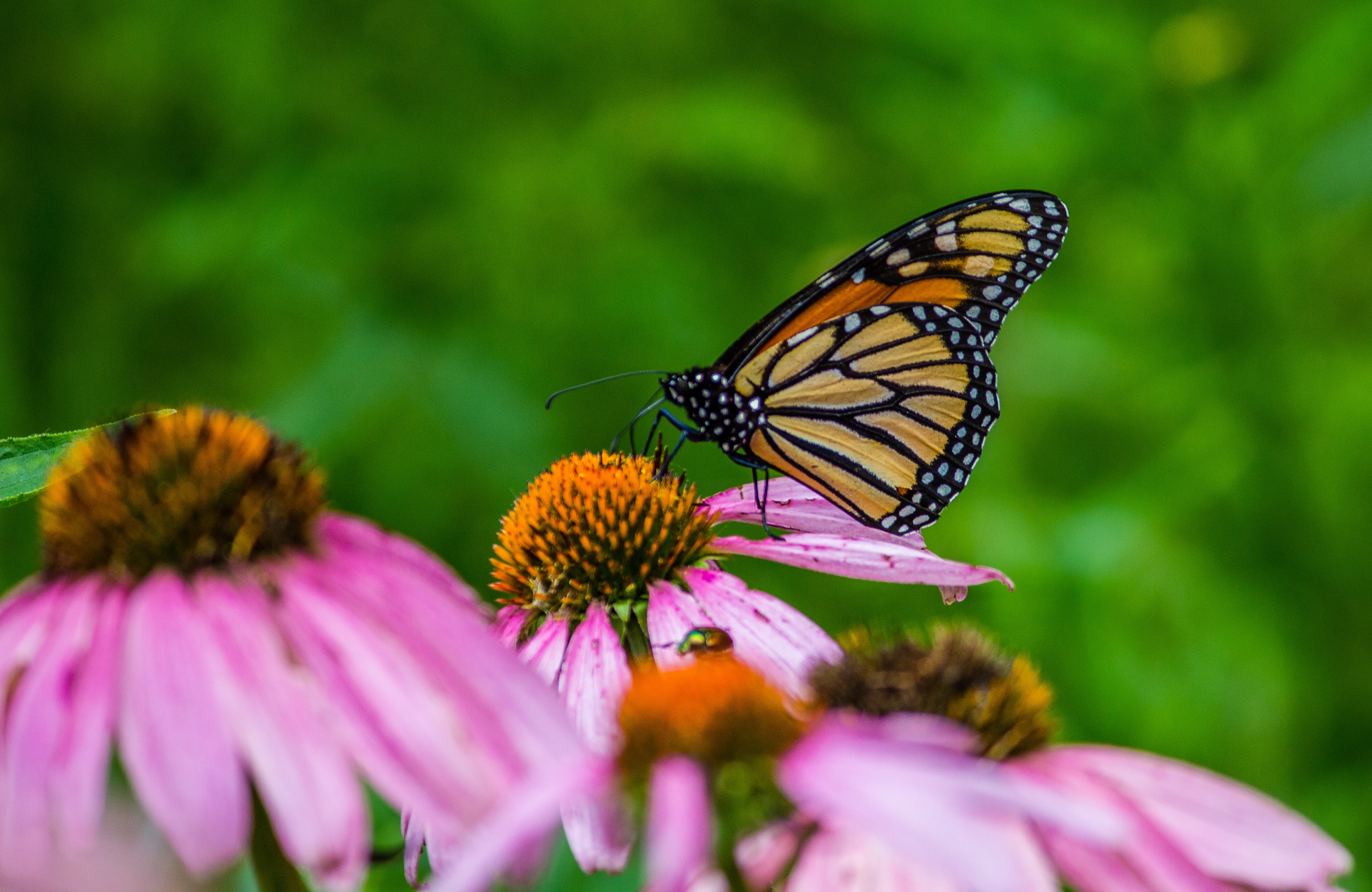
Take a virtual visit of MSU's new Pollinator Performance Center
The Pollinator Performance Center, located on MSU's South Campus, provides a home base for pollinator research, extension and teaching that will accommodate collaborations and interactions with beekeepers and pollinator enthusiasts. Explore the center and its beehives with WILX Studio 10.
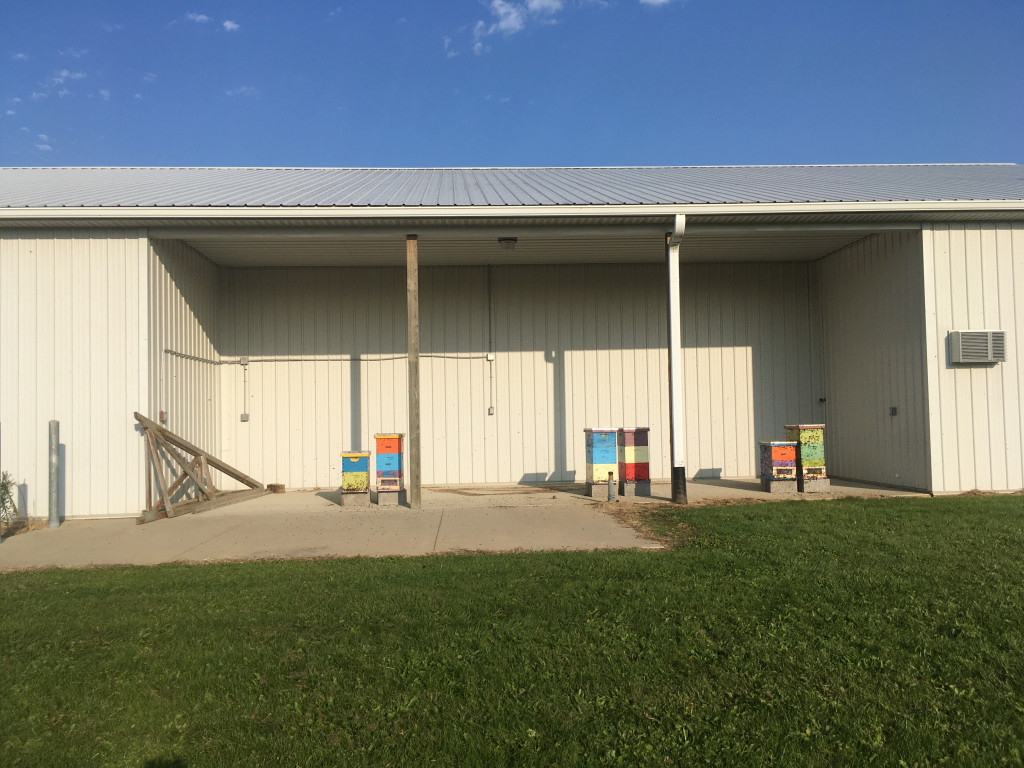
The story behind MSU's newest AgBioResearch Research Center
The Corey Marsh Ecological Research Center, located 20 minutes northeast of campus, serves as a hub for research in natural resource restoration and management. Learn about the development of the new center or check out one of the other AgBioResearch centers, like the W.K. Kellogg Biological Station, located around Michigan.
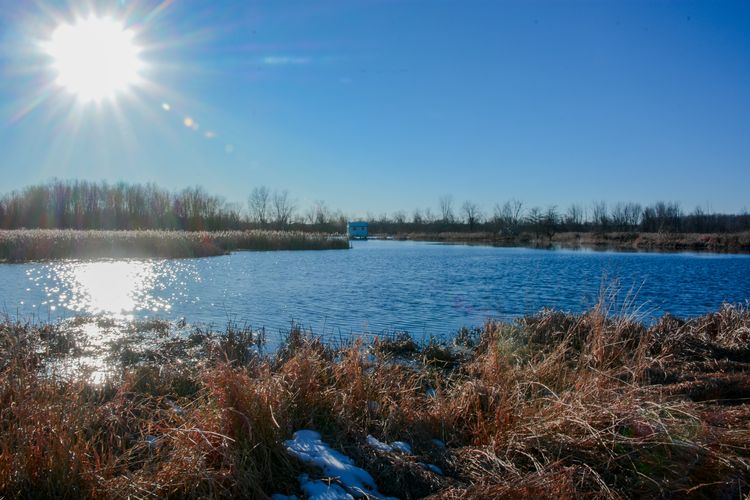
Expanding sustainability education in Michigan Schools
An MSU student, mentored by MSU faculty and staff, presented draft legislation that would include sustainability curriculum in the Michigan Green Schools Program to State Representative Julie Brixie’s office. Read more about the proposed legislation.

Restoring the Detroit River
Healthy coastal and Great Lakes ecosystems are critical for Michigan. Michigan Sea Grant has partnered on several multiyear projects helping communities successfully complete habitat restoration projects along the Detroit River, one of 27 remaining U.S. Areas of Concern in the Great Lakes Basin.
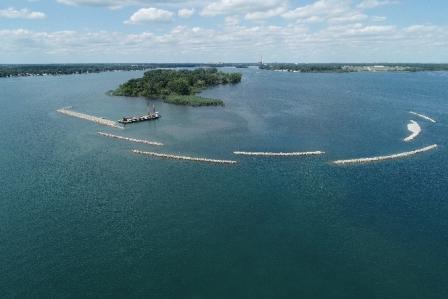
Researching the impact of ecological restoration on human health
Working collaboratively with the Audubon Society and Detroit Parks, MSU researchers are leading a $3.3 million study in Detroit that explores whether restored green spaces contribute to health and well-being with funding by the National Institute of Health.
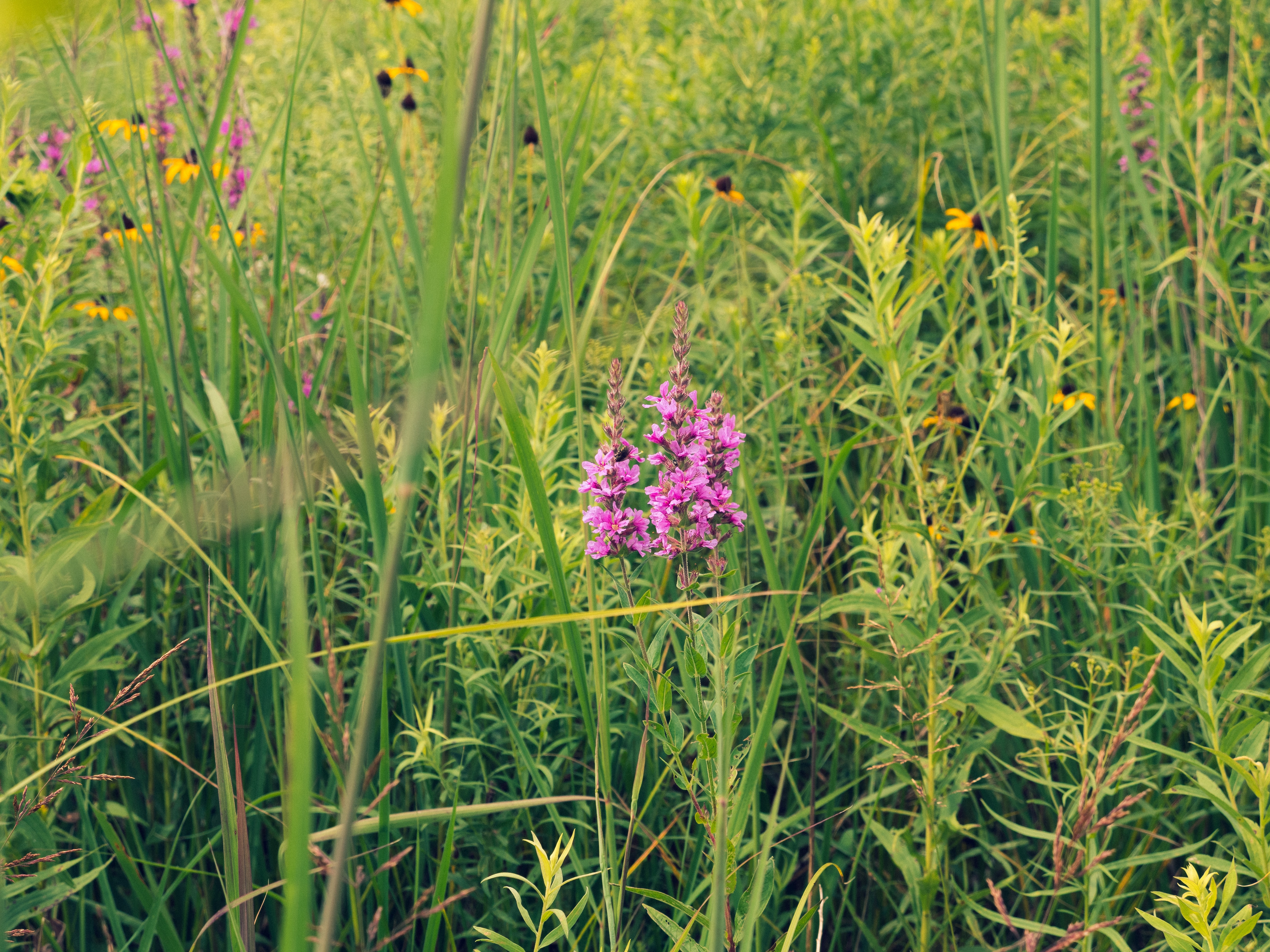
Helping restore the Saginaw Bay Watershed through agricultural conservation
The MSU Institute of Water Research is leading a $1 million project funded by the EPA to implement nutrient management practices on 20,000 acres of farmland in the Saginaw Bay Watershed to help reduce runoff and improve water quality in partnership with The Nature Conservancy, the Michigan Department of Agricultural and Rural Development, Michigan Farm Bureau and 7 other partners.
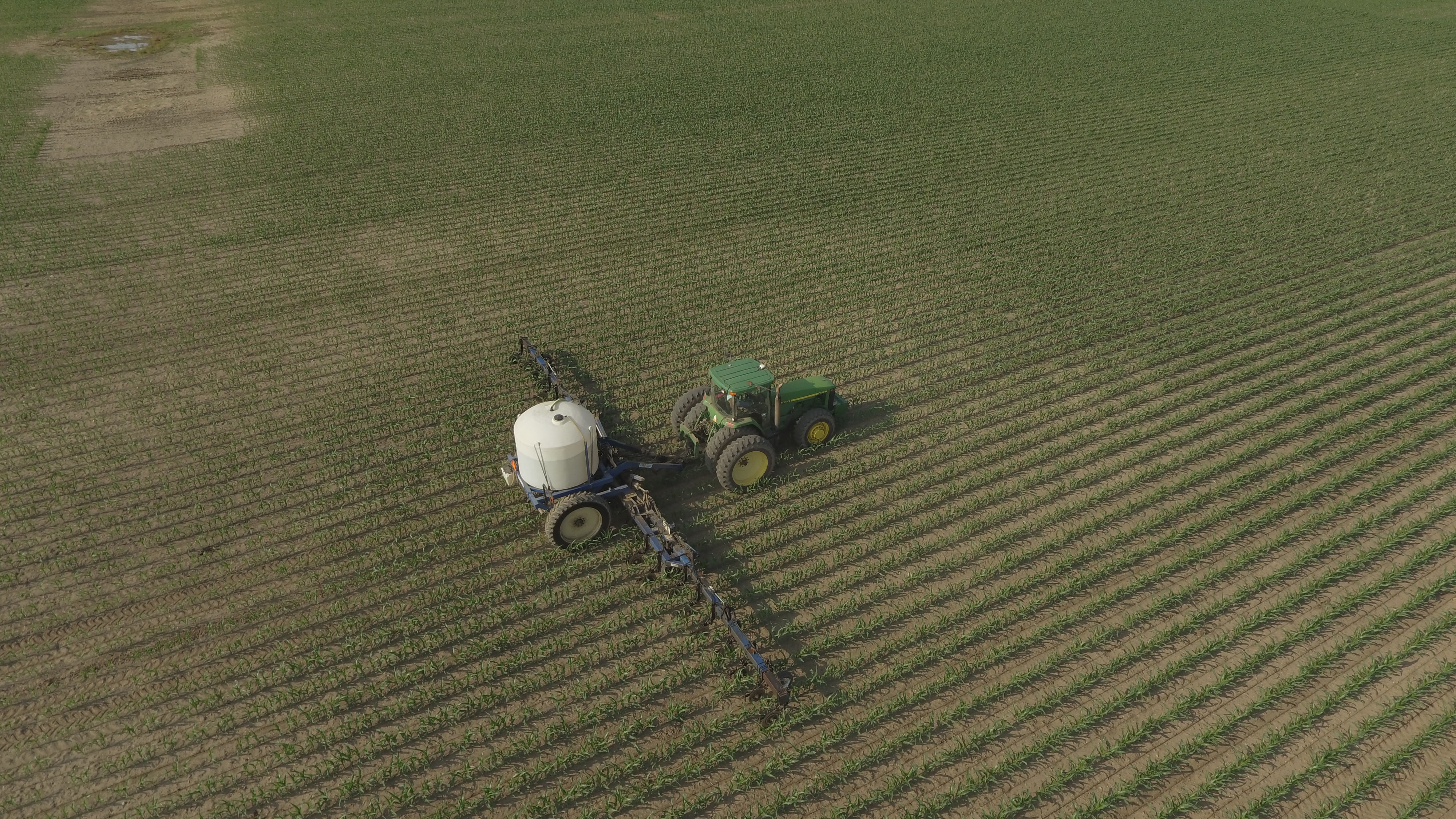
Supporting the conservation of Michigan's biodiversity for over 40 years
The Michigan Natural Features Inventory (MNFI), which studies Michigan's rare species and habitats, celebrated its 40th anniversary last year. Researchers at MNFI conduct field surveys, study issues related to biodiversity conservation, and provide information and consultation to decision makers, practitioners, and the public.
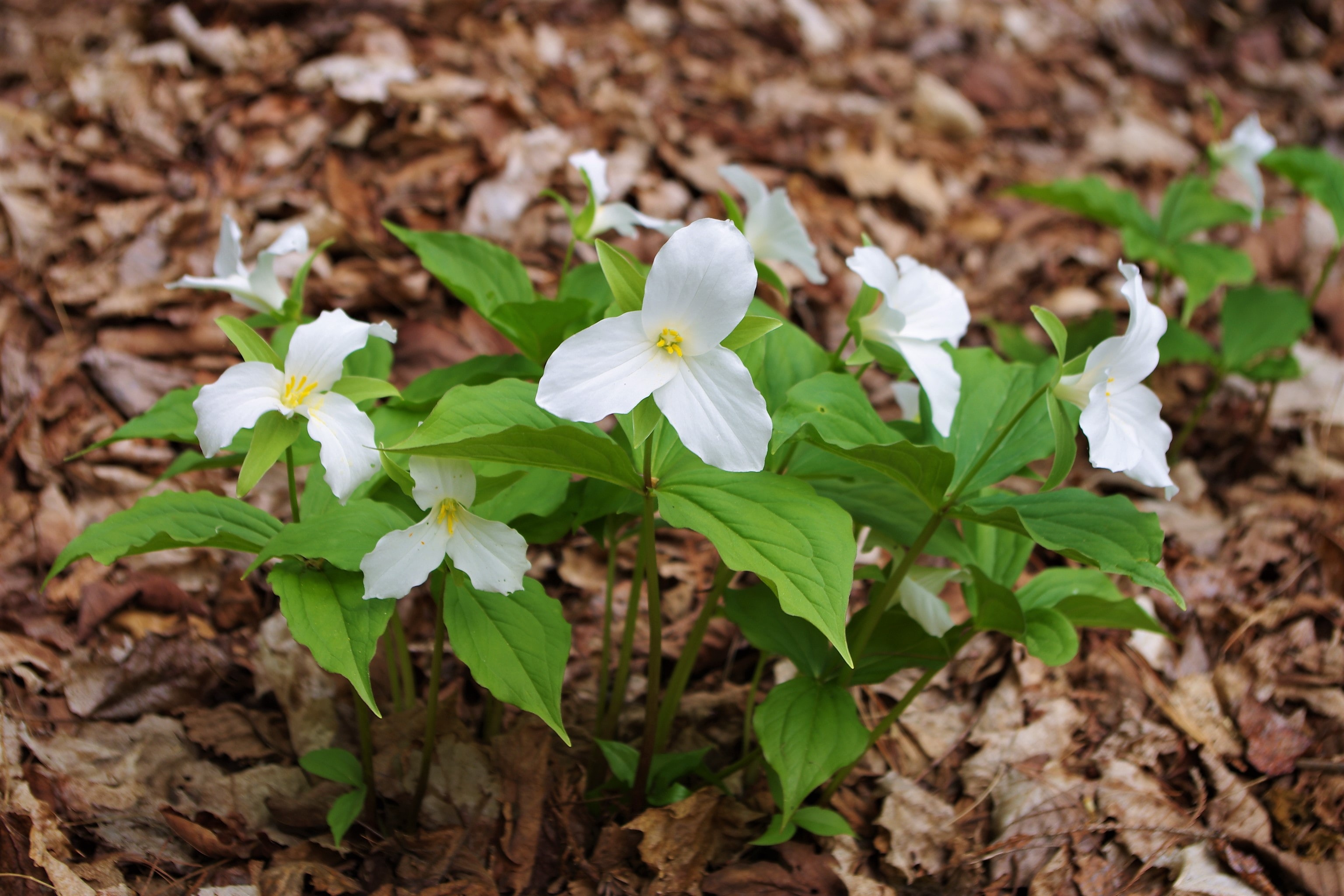
Examining the benefits and limits of restoration in South Carolina longleaf pine savanna
MSU researchers and collaborators recently published research in the Proceedings of the National Academy of Sciences examining the legacy of land-use and its impact on ecological restoration. The researchers found that past land uses like farming leave long-lasting impacts, but that the benefits of restoration still outweigh any past damage.
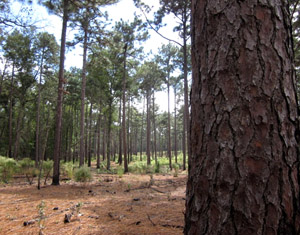
Uncovering how corals resist bleaching
A collaboration between researchers at the University of Hawaii at Manoa and MSU resulted in an important discovery about the biology of some corals that are resistant to bleaching. The research findings can help inform better restoration of coral reefs around the world.
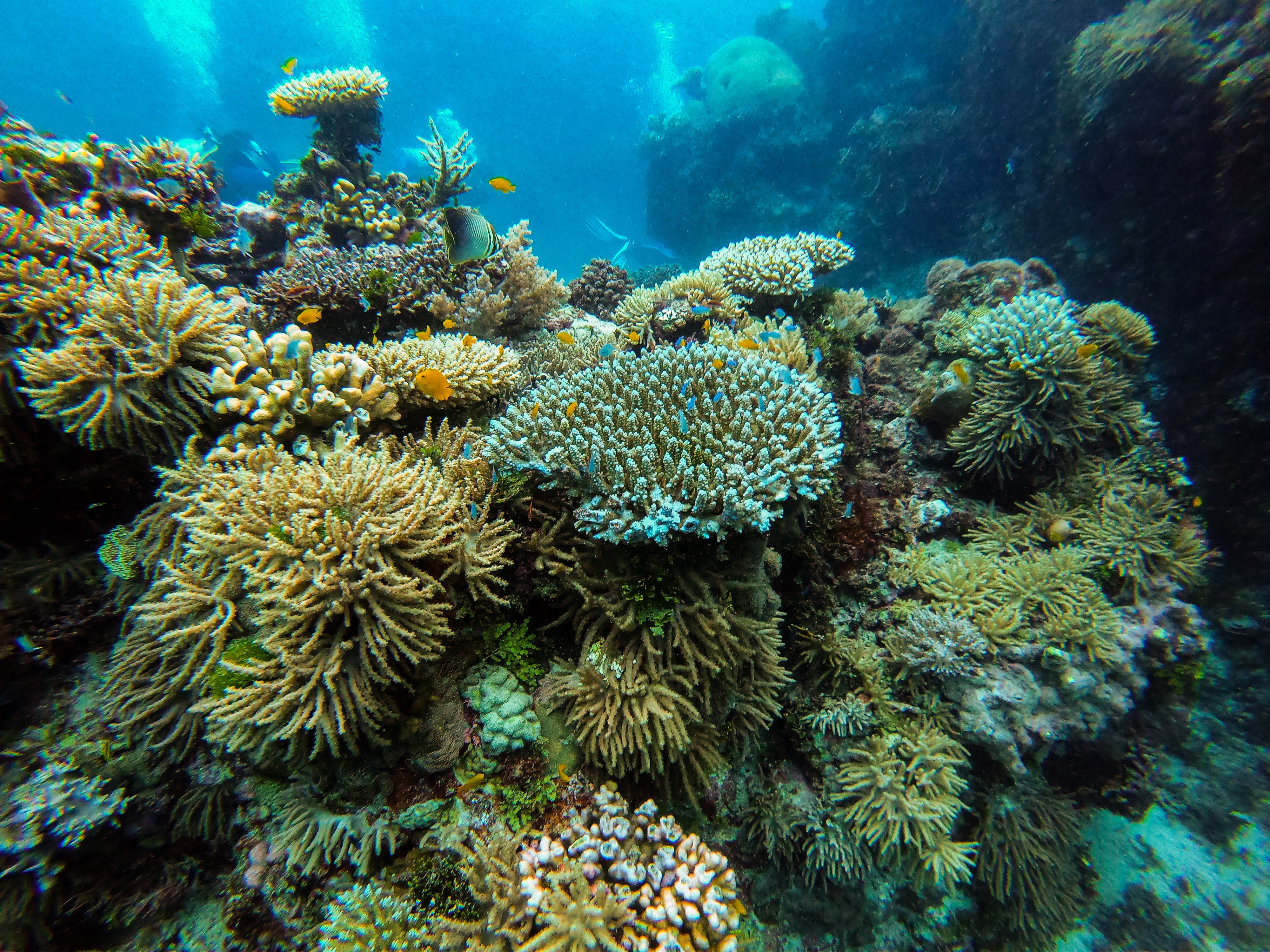
Resources and programs to support ecological health
Sustainable gardening
Stop the spread of invasive species
- Connect with local experts to address invasive species
- Stop the spread of terrestrial invasives
- Stop the spread of aquatic invasives
Get Involved: Programs focused in restoration and conservation

